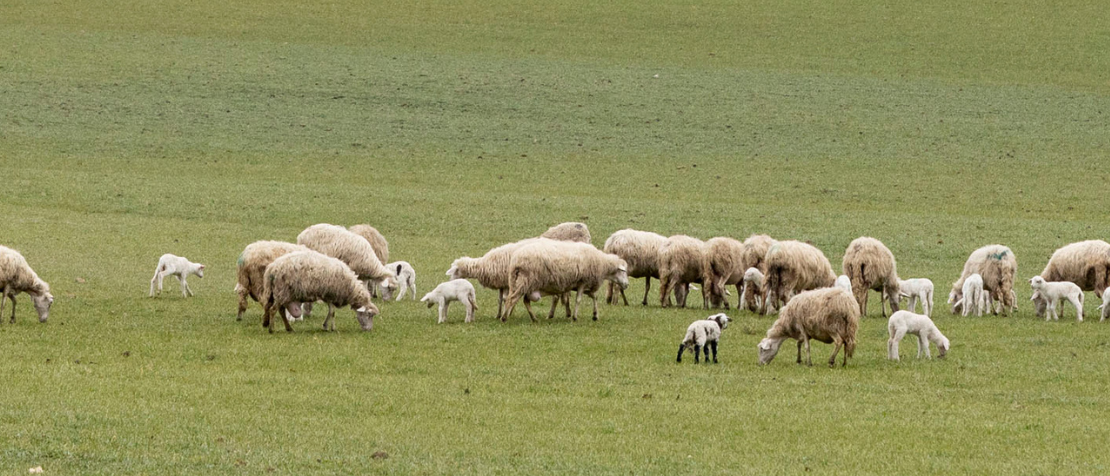Small steps for French livestock farmers, a big leap for sustainability

©FAO/Riccardo De Luca
The global appetite for livestock products is increasing rapidly, amplifying the already significant impact livestock systems have on the environment. But what if farm animals could be of help in a changing climate? The French movie “Shepherding Hope” that received the recognition of the Food and Agriculture Organization of the United Nations (FAO) at the 40th International Agrofilm Festival today, is trying to answer this question.
Directed by Oliver Dickinson, the 53-minute-long documentary presents smallholder livestock farmers across France, who found their paths of producing in a more ecological and sustainable way. Dickinson has been travelling in the European country to record their experiences and knowledge and document their journeys that can inspire fellow livestock farmers and consumers alike to live in a more sustainable way.
As part of achieving the 2030 Agenda for Sustainable Development, FAO is committed to address food security and nutrition challenges, and climate change impact through improved livestock systems management. With this in mind, the Osiris Prize was awarded to this film today at the closing ceremony of the International Agrofilm Festival in Nitra, Slovakia.
In the film, we meet a dairy farmer, who after losing his brother, reconceptualized his production system and become more self-sufficient and aware of the environmental impact of his farm. Another farmer now manages his apple orchard using organic methods, using his animals for land management and pest control instead of machines and pesticides. His sheep graze the grass instead of mowing it, which he says saves time, fuel, and money. His Janzé black hens, a local poultry specie, roam among the trees eating a common apple tree pest and helping to keep the sheep free of ticks as well. A woman farmer raises endangered livestock species and successfully increased a local sheep variety flock from only 14 to 700 heads. By raising them as free-range animals, she contributes to soil health and regeneration and the protection of local biodiversity. She sells the cheese she makes from the cow and goat milk to local shops but only to those at a distance of no further than 40 kilometres from her farm to limit the carbon footprint of the products and further short value chains.
Other farmers and pastoralists help preserve and maintain protected wetlands with their herbivores. Sheep and goats that graze on the underbrush limit the risk of forest wildfires. The inclusion of carrion-eating vulture birds into farms is a nature-based kind of livestock management method to eliminate carcasses of infected animals and thus, stop the spread of livestock diseases.
As the apple grower emphasizes, he works in partnership with nature. “If we feed [nature] well and take care of it, it gives back,” he says. “I hope that what we are doing can be carried forward for our children and the generations to come.”
Ideas and solutions are numerous, and what is common in them that they often include elements of traditional methods, use indigenous breeds, and are tailored to the local circumstances and needs. The documentary also encourages everyone to choose locally produced, smallholder dairy and meat products and be concerned with the livelihood of family farmers, who supply most of the food we eat.
Discover what FAO is doing to reconcile the needs and priorities of the environment and the livestock sector here!
The views and opinions expressed in this programme are those of the authors and do not necessarily reflect the views or positions of FAO.
